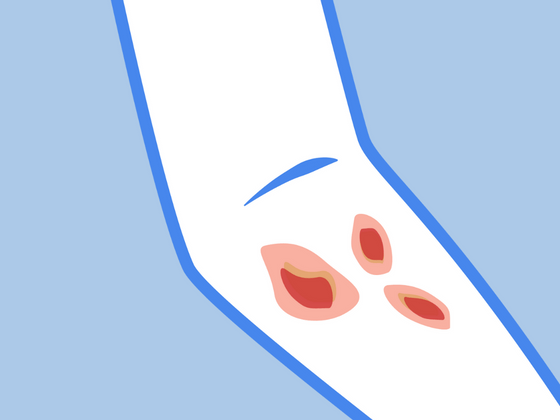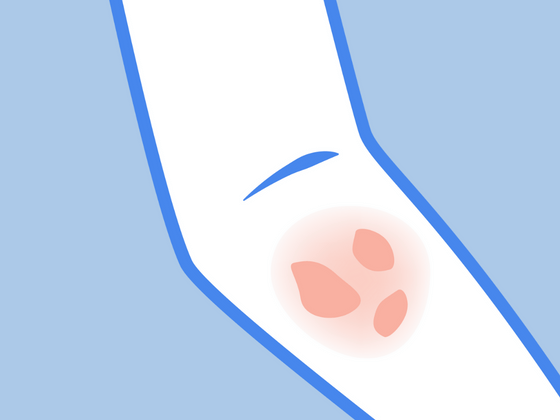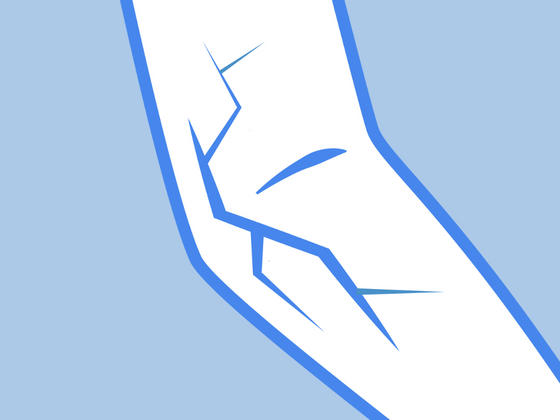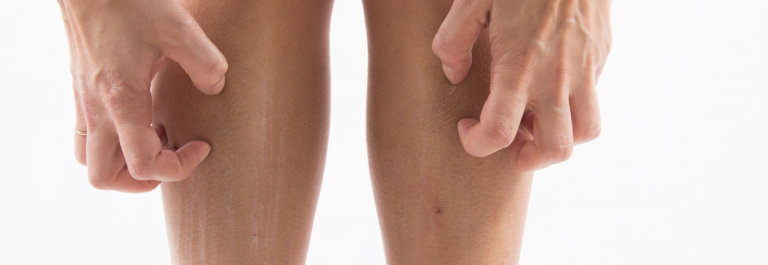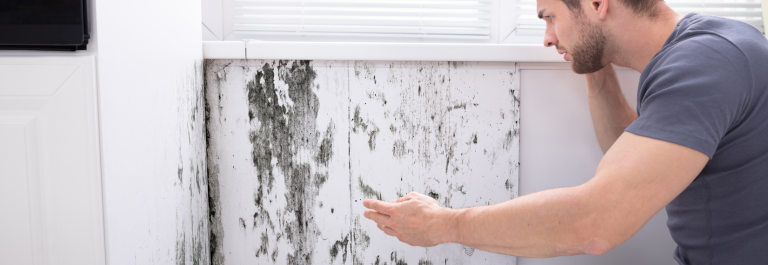Have you noticed that your eczema tends to get worse at night? If so, you're not alone.
Eczema, also known as atopic dermatitis, is a chronic skin condition that affects millions of people worldwide. One of the most challenging aspects of living with eczema is the worsening of symptoms at night, often leading to disrupted sleep and a perpetual cycle of discomfort. This can significantly impact a person's overall health, well-being, and general mood. For some, this lack of sleep could be so severe that their eczema is labeled as a disability.
In this blog post, we'll cover the important facts about your sleep cycle and eczema symptoms, including:
-
Why does eczema itch more at night?
-
The impact bedtime itching has on sleep
-
How you can alleviate nighttime symptoms and get a good night's sleep
Read on to learn more about sleeping with eczema and how to manage your eczema flares so that you can get a better night's sleep today.
Understanding Eczema Symptoms and Itchiness at Night
Eczema is characterized by red, inflamed skin, intense itching, and sometimes the formation of blisters. The severity of symptoms can vary, but for many individuals, the condition intensifies during the night. The persistent itchiness, commonly referred to as the "eczema itch," can make falling asleep and staying asleep a considerable challenge.
But why does eczema feel worse at night? One of the reasons can be because the body's cortisol levels, the hormone responsible for managing itch and inflammation, peak in the middle of the night. Another reason can be that you may be unconsciously scratching your skin in your sleep, which can exacerbate itchy symptoms and cause an increase in itching.
The Itch-Scratch Cycle
The itch associated with eczema triggers the infamous itch-scratch cycle, where scratching provides momentary relief but exacerbates inflammation and worsens the symptoms. This cycle is particularly pronounced at night when the temptation to scratch is heightened, leading to further skin damage and disturbed sleep.
Body Temperature and Eczema
Body temperature plays a crucial role in the manifestation of eczema symptoms. As body temperature naturally decreases during sleep, individuals with eczema may experience an uptick in itching and skin reactions. Understanding this connection is vital in developing strategies to manage eczema-related sleep disturbances.
The Negative Impact of Sleep Disturbance
It's common knowledge that the body requires adequate rest for optimal functioning. In fact, it's recommended to get between 7-8 hours each night. Because of this, the negative consequences of sleep issues over the long term cannot be ignored.
On a daily basis, insufficient sleep can impact one's mood, leading to heightened irritability and anxiety. However, the consequences of insomnia extend beyond everyday life, encompassing economic and psychological burdens too. For example, individuals facing sleep challenges often report increased fatigue, daytime sleepiness, and a higher incidence of sick days and doctor visits. Trouble sleeping is also linked to a higher prevalence of psychological disorders and workplace accidents.
Unfortunately, children are not immune to sleep problems and the consequential long-term effects. To illustrate, children grappling with nighttime sleep difficulties are more prone to encountering learning disabilities, impulsivity, and daytime behavioral issues. They are also at an increased risk of experiencing elevated levels of anxiety and depression.
Eczema Treatments for Better Sleep
Keep the Skin Hydrated:
Dry skin typically means itchy skin. To help manage itchy flare-ups at night, we recommend moisturizing the skin before bedtime to maintain its hydration levels. We recommend this Nourish + Hydrate Manuka Balm as it's made with just 6 ingredients, all handpicked because of their known soothing abilities. Free from burning or stinging, it's perfect for people with eczema cream or sensitive skin. Give it a try to reduce itchiness, relieve irritation, moisturize dry skin, and protect the skin barrier.
Choose Breathable Fabrics:
Opting for comfortable sleepwear during the night can enhance your sleep quality and provide the rejuvenating rest you deserve. Instead of wearing pajamas made with harsh or synthetic fabrics that can irritate the skin, we recommend choosing eczema-friendly clothing options. We recommend these ScratchSleeves with Scratch Mittens as they protect children's skin against incessant scratching throughout the day or overnight. These 100% Organic Cotton Closed Eczema Mittens serves as an alternative for adults who may unconsciously scratch their skin during sleep.
Bed Linen and Dust Mites:
We suggest regularly washing bed linen in hot water with detergent for sensitive skin to eliminate dust mites and other potential allergens. In addition, it might be helpful to consider using hypoallergenic bedding to create a sleep environment conducive to skin health. This Organic Cotton Sheet Set is free from synthetic dyes and harsh chemicals, reducing the risk of irritation while providing breathable, silky-soft comfort. The natural plant-based dyes and hypoallergenic fabric help maintain skin hydration, creating the perfect sleep environment for sensitive skin.
Maintain a Regular Bedtime Routine:
Establishing a consistent bedtime routine signals to your body that it's time to wind down, helping to reduce stress and promote better sleep.
Improve Sleep Today
Give these natural eczema treatments and lifestyle changes a try to soothe your symptoms of atopic eczema and help you get a good sleep tonight.

